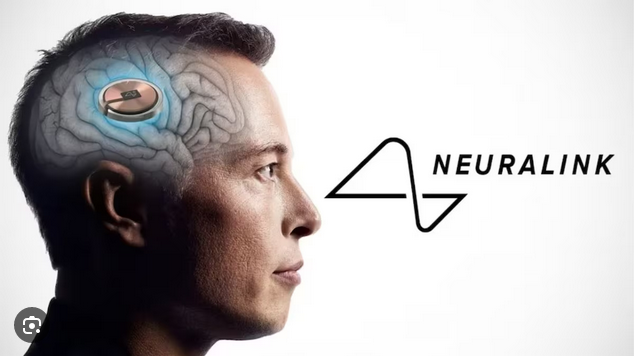Elon Musk’s brain implant company, Neuralink, has achieved a significant milestone by successfully implanting its first brain chip in a human. Musk revealed the development on his social media platform X, stating that the patient is “recovering well” and initial results from the procedure are “promising.”
The first product from Neuralink, named “Telepathy,” will enable users to control computers and phones simply by thinking, marking a significant leap forward in human-machine interaction. Musk envisions Telepathy as a transformative technology, particularly for individuals who have lost the use of their limbs. He illustrated this by posing a thought-provoking scenario: “Imagine if Stephen Hawking could communicate faster than a speed typist or auctioneer. That is the goal.”
Neuralink’s initial focus is on restoring lost functions such as communication and movement for individuals facing challenges like paralysis. The company plans to target conditions where the communication pathways between the brain and the body have broken down, offering a ray of hope for those who have lost autonomy due to injuries or neurological disorders.
The second product in Neuralink’s pipeline, Musk suggested, could address vision-related challenges, including blindness. The Neuralink chip may potentially offer a solution by beaming “direct vision to the brain” through stimulation of the visual cortex, a concept Musk referred to as “Blindsight.”
Elon Musk’s vision for Neuralink extends beyond immediate therapeutic goals. He envisions a future where brain interface technology facilitates the merger of humans with machines, enhancing cognitive abilities and allowing individuals to stay relevant in an era dominated by artificial intelligence.
However, this ambitious pursuit raises ethical considerations and challenges. Critics argue that using such technology for enhancement purposes on healthy individuals presents ethical questions surrounding mental privacy, brain data, and the potential for hacking. Musk’s wide-ranging goals, from enhancing memory capacity to merging human minds with artificial intelligence, intensify the ethical discourse surrounding these advancements.
Neuralink received approval from the Food and Drug Administration (FDA) to commence human trials in May, with the “Precise Robotically Implanted Brain-Computer Interface” study expected to take around six years. The study aims to evaluate the safety and functionality of Neuralink’s brain chip in patients with quadriplegia.
While Neuralink is not the only player in the field of brain implants, Musk’s venture stands out for its ambitious goals, substantial investments, and the integration of cutting-edge technology. As Neuralink progresses towards its long-term vision, the impact on human-machine integration and the ethical considerations surrounding these advancements will undoubtedly continue to shape discussions in the broader tech and scientific communities.
Elon Musk’s Neuralink venture underscores the evolving landscape of neurotechnology, offering both promise and ethical challenges as humanity ventures further into the realm of brain-computer interfaces. As the journey unfolds, the world watches closely, anticipating the potential transformative effects of Musk’s brain chip technology on human capabilities and the ever-evolving relationship between humans and machines.

